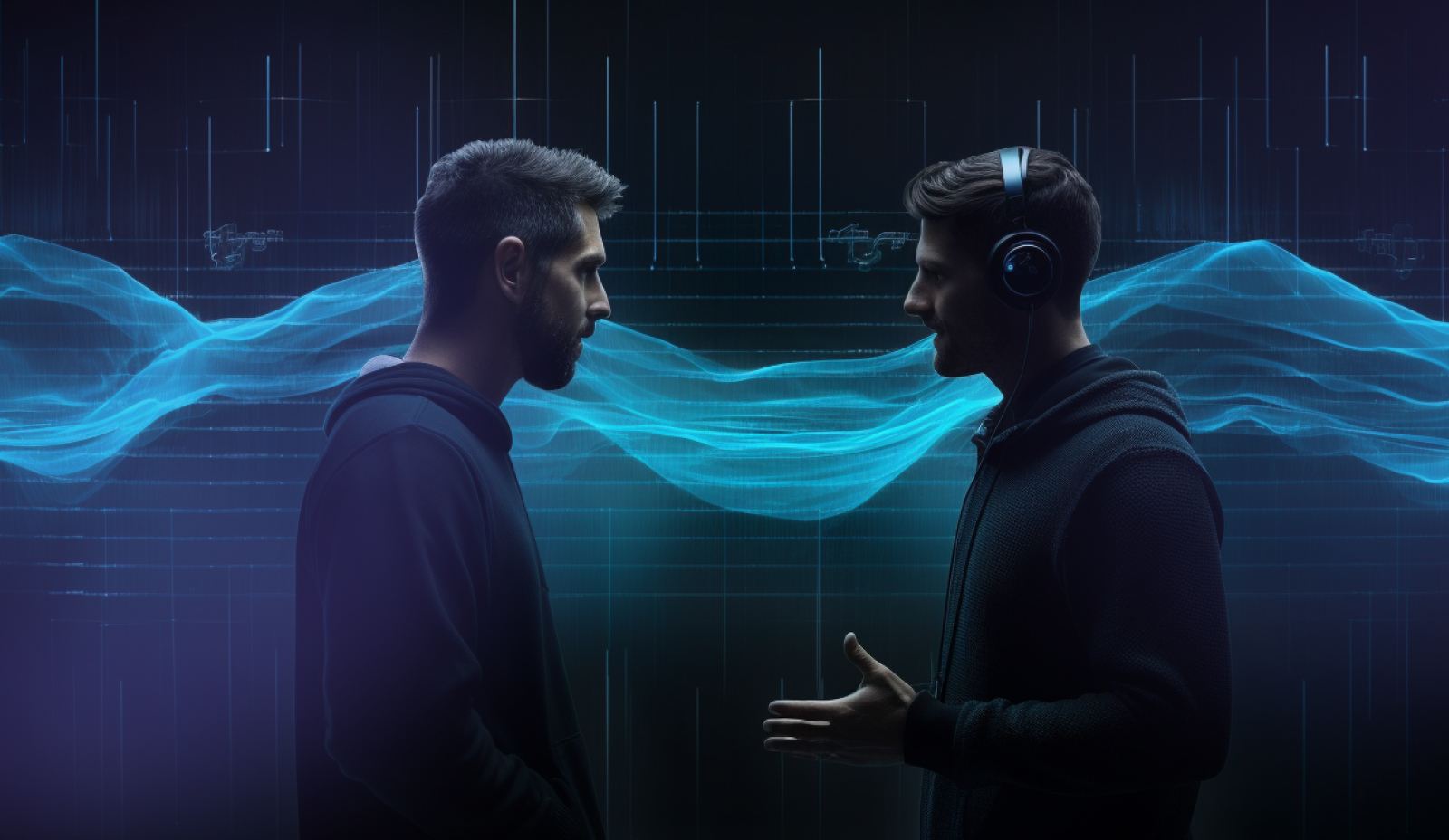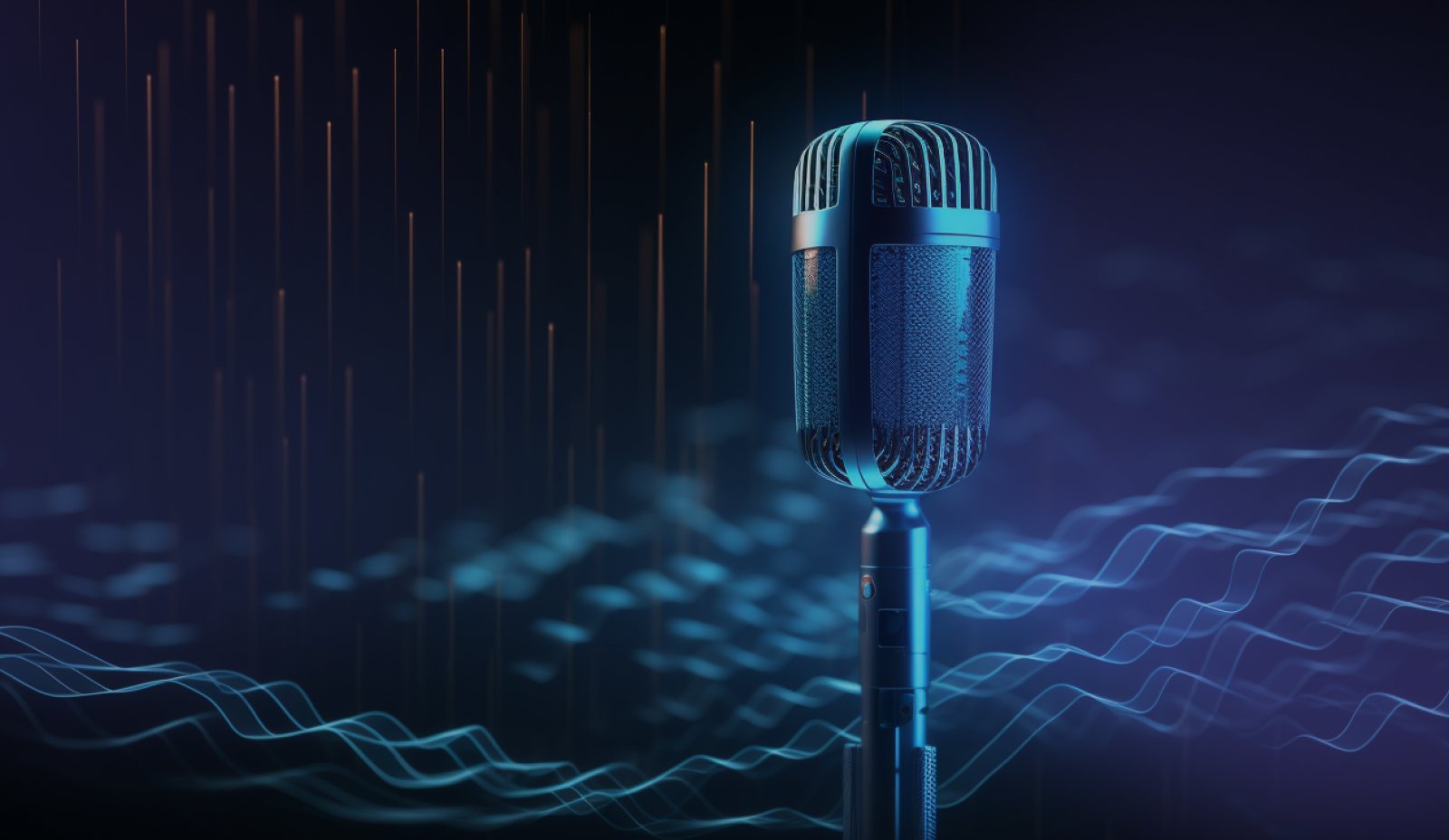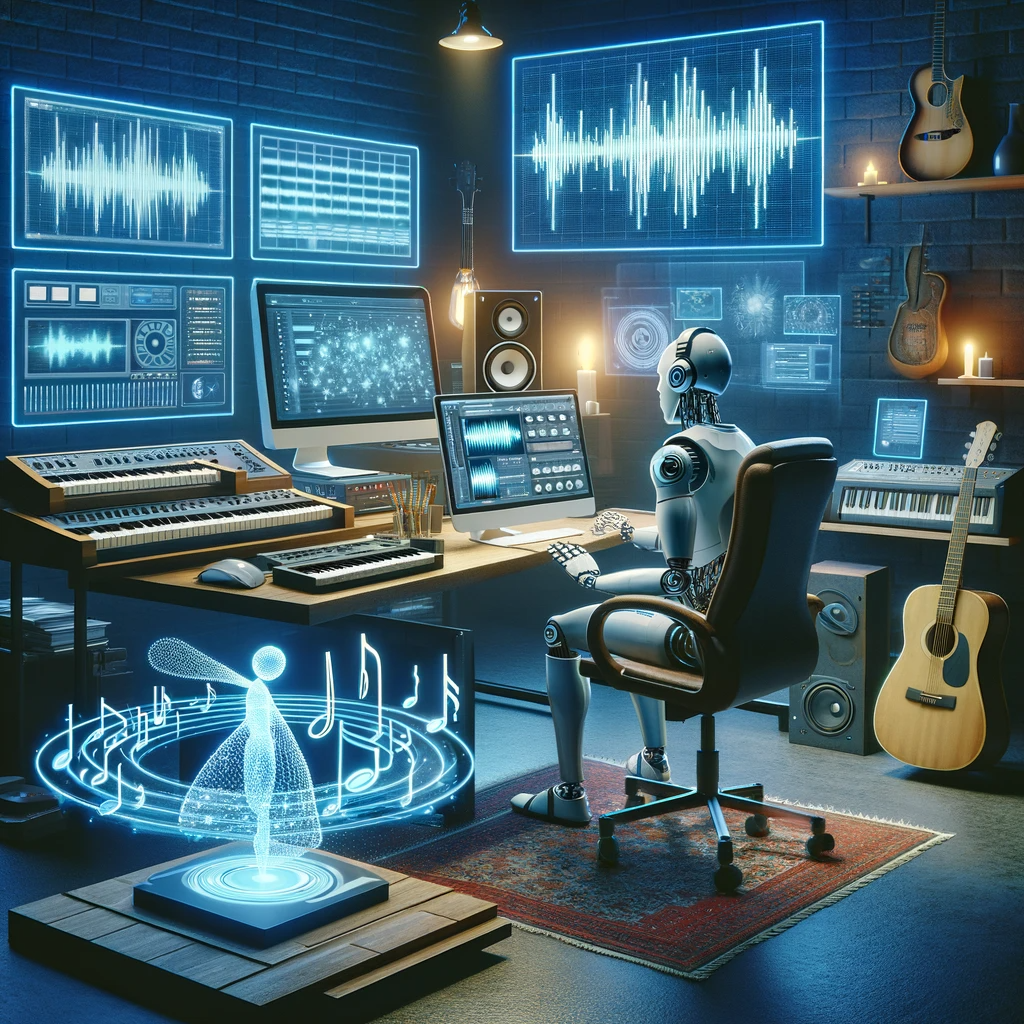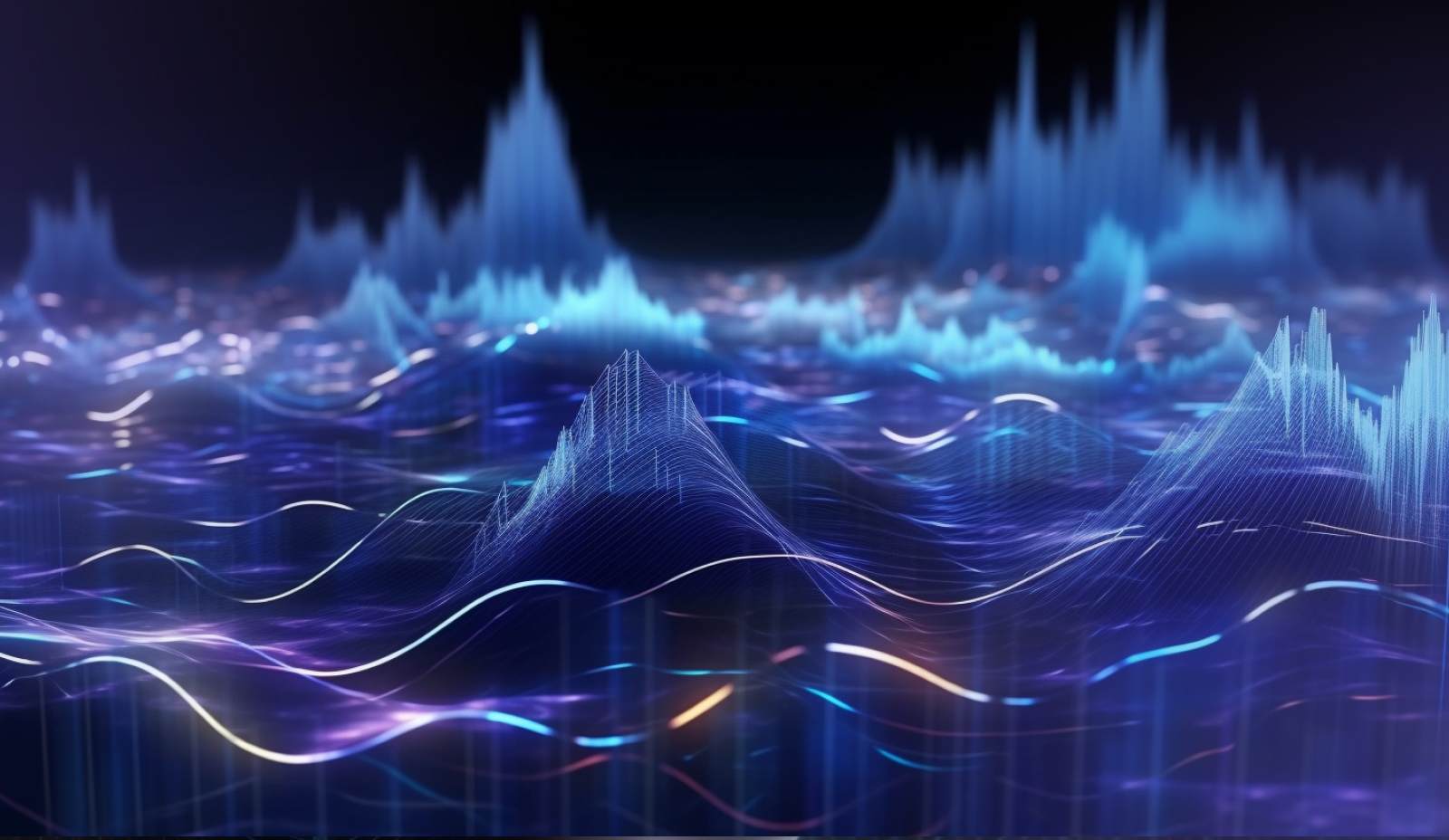AI vs. Ownership: The Battle for Voice Rights in the Music Industry

As AI clones celebrity voices with stunning accuracy, artists are asking: who really owns your sound?

🎙️ The Spotlight Is On: Can AI Take Your Voice?
In 2025, your voice isn’t just your identity—it’s your intellectual property.
With the rise of AI voice cloning, we're entering a new chapter where anyone’s voice—celebrity or not—can be digitized, remixed, and sold. The question is no longer if this will impact the music industry, but how fast and how deep the shift will go.
At Spotlight Alert, we’re diving into the legal, ethical, and cultural chaos surrounding AI vocals—and why artists are fighting to protect what’s theirs.
🤖 What Is AI Voice Cloning?
AI voice cloning uses machine learning to mimic a real person’s voice with shocking realism. With just a few seconds of audio, AI can:
🎤 Recreate tone, emotion, accent, and inflection
🎤 Generate new songs or narrations in your voice
🎤 Make it sound like Drake, Beyoncé, or even YOU are saying anything
It’s fast. It’s powerful. And it’s unregulated.
🔥 Real Stories That Set Off the Alarm
🧠 Bad Bunny's AI Song: In 2024, a fake Bad Bunny track went viral. Fans couldn’t tell the difference. He was furious.
🎧 Michelle Clarke: An Irish voice actor found her voice being sold online as “Olivia” — no credit, no payment.
📱 Bev Standing: Her voice became TikTok’s text-to-speech feature… without permission.
Let that sink in: people are waking up to find their voices have gone to work without them.
⚠️ The Legal Gray Zone: Who Owns a Voice in 2025?
Here’s the scary truth: your voice isn’t legally protected against cloning—yet.
📝 No global law prevents your voice from being used without consent
📝 Contracts often have sneaky clauses that allow unlimited reuse
📝 AI training data can include your voice without you ever knowing
And with platforms like Revoicer or Resemble AI offering celebrity-style voice packs for $27/month, the exploitation is already happening.
“Voice actors, unknowingly, have been training their replacements.” – Tim Friedlander, President of the National Association of Voice Actors
💸 The Business Side: AI Voices Are Cheaper Than You
Let’s be real: for companies, AI voices are:
✅ Faster to produce
✅ Cheaper than session singers or VO talent
✅ Easier to scale globally
But for human artists? That means fewer jobs, stolen identity, and lost revenue.
“How many companies are using my voice and my work and my livelihood without ever factoring me in?” – Michelle Clarke
🧠 The Emotional Side: Can AI Replace the Human Voice?
Sure, AI can hit perfect notes—but it can’t replicate a lived experience, heartbreak, or passion.
Music isn't just about sound. It's about soul. And artists know it.
That’s why the question isn’t just legal—it’s spiritual:
🎧 Can AI replicate the magic of human emotion?
🎧 Or will music become soulless perfection that fans no longer connect with?
🛡️ What Artists & Producers Should Be Doing Now
🔐 License Your Voice: Treat your voice like your brand. Own it.
📃 Check Every Contract: Watch out for fine print that gives away your rights.
🎙️ Push for Legal Reform: Join campaigns for voice protection legislation.
🤝 Work with Ethical AI Companies: Don’t feed the machine if it doesn’t respect creators.
🌍 The Bigger Picture: Global Voices at Risk
Japan’s Hatsune Miku is a virtual pop star. Latin America is seeing AI reggaeton wave. In the U.S., platforms are experimenting with AI Elvis, Whitney, and Freddie.
The race is on—not just to make music, but to own voices before creators can protect them.
🧠 Spotlight Insight: This Isn't Just Tech. It's Power.
We’ve seen tech disrupt the industry before—auto-tune, streaming, NFTs. But AI voice cloning is different.
🎤 This is about identity.
🎤 This is about consent.
🎤 This is about control.
If your voice can be taken, used, and sold by a bot... what’s left for the artist?
🧠 Final Word: The Battle Has Just Begun
AI vocals are here to stay—but artists shouldn’t have to choose between innovation and exploitation. The future of music must include fair laws, ethical tools, and artist-first protections.
Because in this new era, your voice is more valuable than ever.
Let’s make sure it stays yours.
💬 What Do You Think?
Have you heard an AI-generated song that fooled you? Are you worried about your voice being cloned?
Drop a comment below and join the conversation.


